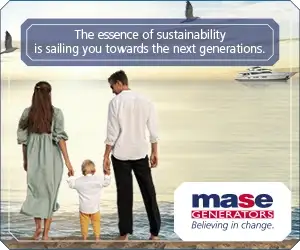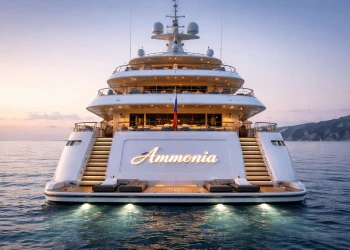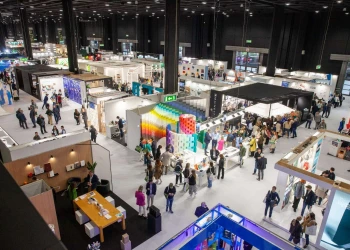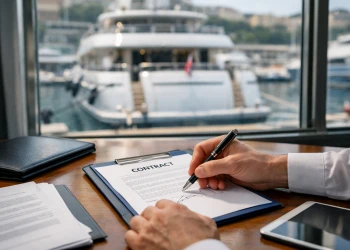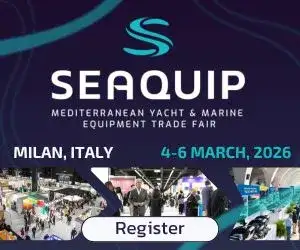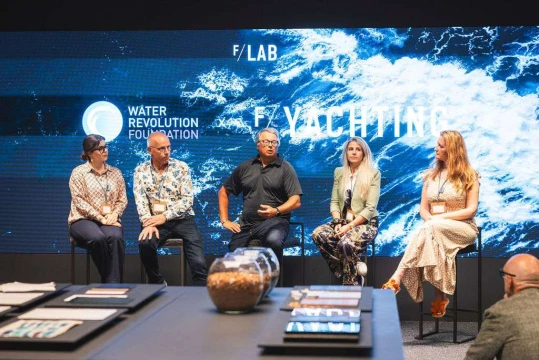
Future of Interior Yacht Design: a smarter mindset for sustainable yacht interiors
End of June 2025 marked another important milestone on the journey toward smarter, more sustainable yacht interiors. Together with the Water Revolution Foundation, F/YACHTING proudly hosted the second “Future of Interior Yacht Design” workshop at their headquarters in Thomasberg, Austria.
Building on the momentum of January’s inaugural edition, this session went deeper and aligned with the newly launched Roadmap 2050: Towards Regenerative Yachting!
The Roadmap 2050 serves as a compass for navigating uncharted waters together. It offers a well-coordinated, data-driven, and collective approach to decarbonising the yachting industry, with quantified targets designed to engage each stakeholder group: Design, Build, Operations, and Refit.
Developed through a unique data exercise involving key industry players, the Roadmap not only estimates today’s status quo but sets a clear path toward achieving net-zero by 2050.
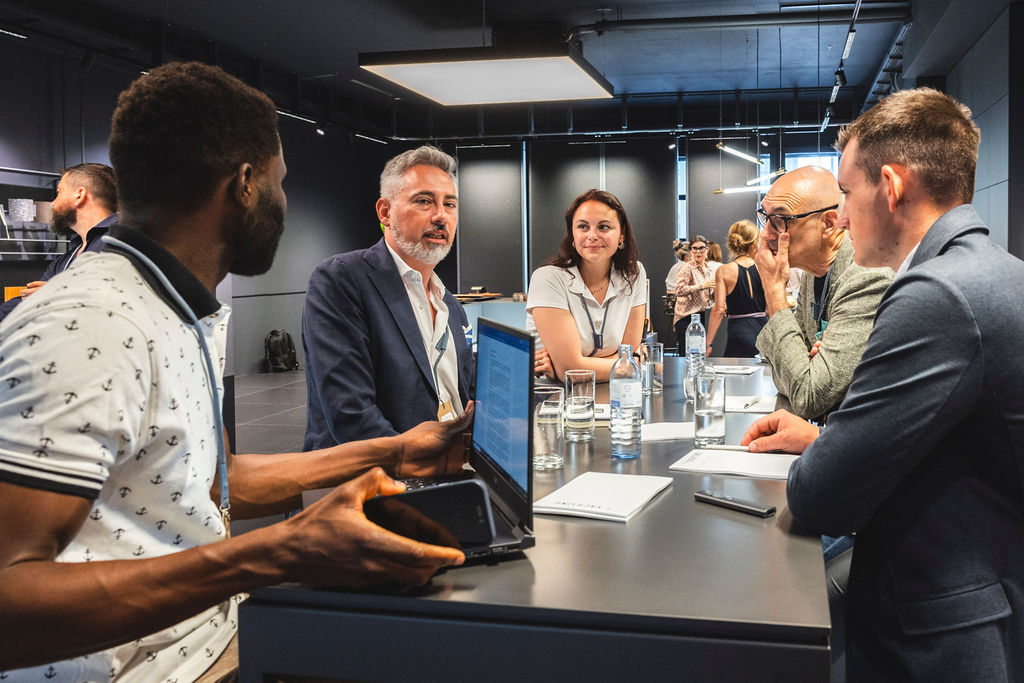
While voluntary, it goes far beyond current regulatory thresholds, especially critical as EU reporting regulations are postponed. It empowers the yachting industry to remain proactive and at the helm, charting its own yacht-specific course towards a regenerative future.
Committing to the Roadmap ensures that yachting companies will be environmentally future-proof, transforming from simply reducing negative impact to creating a positive footprint.
This purpose echoed throughout the day, beginning with a compelling panel discussion on “Next Gen Yacht Interior - How Sustainable Does It Really Need to Be?”
Guided by moderator Alex Beaugeard, the panel brought together thought leaders including Clarissa Androsoni, Markus T. Inäbnit, Dr. Julia Riedmeier, Laura Pomponi, and Jos van der Meer. Together, they challenged conventional thinking and made one thing clear: sustainability is not a constraint but a creative catalyst for excellence.
What emerged clearly from the discussions was a shared commitment to moving beyond outdated narratives. Sustainability, as many noted, must no longer be seen as a burden or box-ticking exercise.
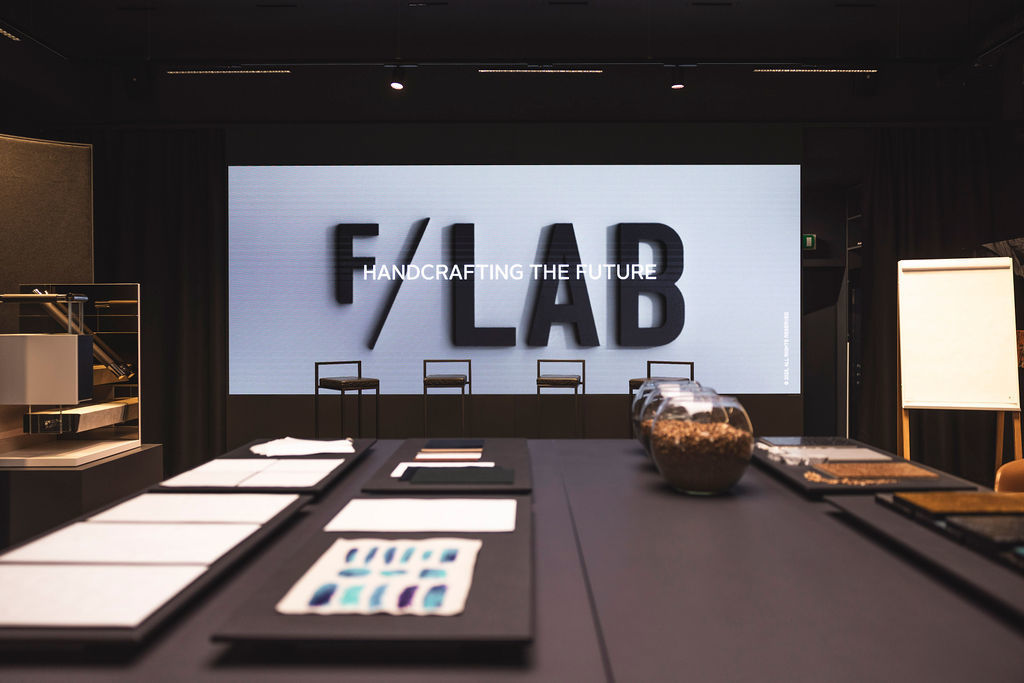
Instead, it should be viewed and marketed as a smart, strategic advantage that benefits the entire value chain. From process to material to mindset, sustainability shall become an embedded framework for innovation and future relevance.
The hands-on workshop that followed allowed participants to put this mindset into action. It bridged vision with practicality, mapping out the challenges but also the real, tangible solutions emerging from within the sector. Designers, shipyards, and project managers collaborated closely on strategies to embed sustainability at every stage of the design and production process. As stated during the opening remarks, F/YACHTING’s solutions prove that sustainably sourced materials are enabling the next level of luxury, offering far more compelling storytelling and long-term value.
A clear call was made for a mindset shift: for regenerative design thinking to replace reactive measures, and for sustainability to be reframed as a collective opportunity, not an individual challenge. These workshops are all about making change happen because concrete results are needed to onboard the wider industry and build momentum for transformation.
Rebecca Gabbi
©PressMare - All rights reserved

